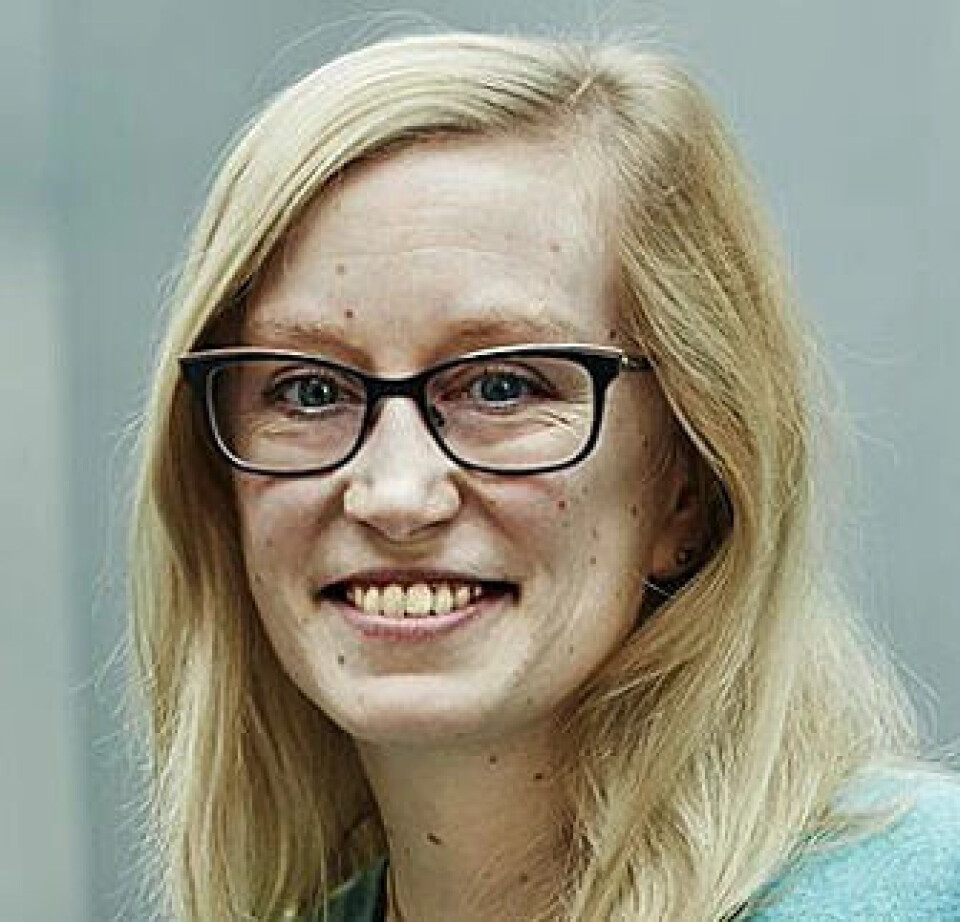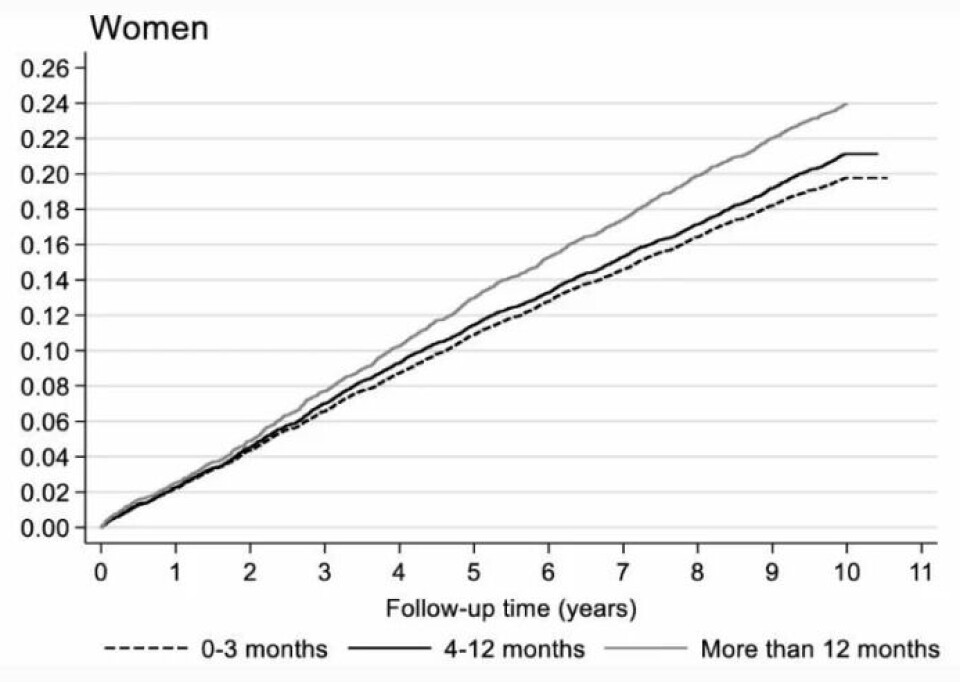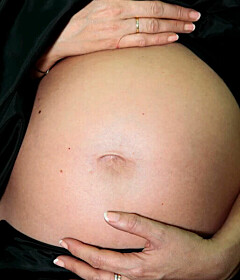
Women who have struggled to have children are more likely to get cardiovascular disease
Women who have difficulty conceiving are somewhat more susceptible to cardiovascular disease. Their partners also have a slightly elevated risk, according to two Norwegian studies.
Women who struggle to conceive have an increased risk of stroke, heart attack and angina.
Researcher Maria C. Magnus and her colleagues at the Norwegian Institute of Public Health (NIPH) were able to conclude this, based on a comparison of health data between women who became pregnant quickly and women who took longer to do so.
Admittedly, the risk is not very high.
“Previous studies have also suggested a link,” Magnus said to sciencenorway.no.
But now the researchers have confirmed the connection.
One in six women struggled to get pregnant
The researchers studied the issue in two independent groups of participants. The women themselves reported how long it took before they became pregnant.
Those who had tried to get pregnant for at least a year before they succeeded were included in a group with reduced fertility.
In total, 17 per cent of the women in the study, based on information collected for the Trøndelag Health Study, also known as the HUNT Study, said that they had taken this long to get pregnant.

Stroke and heart attack
Women with impaired fertility had a slightly higher incidence of stroke and heart attack than others.
The risk, as calculated 14 years later, was about 20 per cent higher for the HUNT participants.
For participants in the Norwegian Mother, Father and Child Cohort Study (MoBa), the increased risk was slightly lower, at 14 per cent. This applied to all cardiovascular disease, including heart attack and stroke.
Between one and six percent fell ill
In total, stroke or heart attack affected around 2,000 of the women in the HUNT study (6.4 per cent) and 800 of the women in the MoBa study (1.25 per cent).
“But these participants were significantly younger than the average when we measured admissions,” Magnus said. “Heart attacks and strokes are usually associated with old age.”
“That is why I really want to follow up this group when they are older,” she said.

Tried to remove other factors
The researchers controlled for age, smoking history, BMI, diabetes and education for both sexes. They have also included the number of children the women had had previously.
They also looked at whether the women had endometriosis, ovarian cysts, premature birth and preeclampsia.
“We checked the women’s BMI, body mass index, at the time of participation,” Magnus said.
Men were also checked
When a couple struggles to get pregnant, it may be the man who has reduced fertility.
The men who participated in the MoBa and HUNT studies were not asked about their fertility.
But the partners of pregnant women in the MoBa study were directly linked to each other through the participant number in the study.
To find the husbands of the women in the HUNT study, the researchers had to use the Norwegian birth register.
Men who had a partner who had struggled to conceive also had an increased risk of stroke, but not a particularly increased risk of heart attack.
Could be an underlying physical cause
Magnus does not want to rule out the possibility that the stress of trying to get pregnant may have affected heart health.
“There is considerable psychosocial stress around trying to have children. It is a burden if it takes a long time, or if you perhaps aren’t successful,” she said.
She nevertheless believes that childlessness can be a marker for an increased risk of other health problems.
“Both reduced fertility and cardiovascular disease can be due to common underlying risk factors,” she said.
High BMI can affect both
“We know that a high BMI can increase the challenges of getting pregnant. And it is also a risk factor for cardiovascular disease,” Magnus said.
Researchers tried as much as possible to control for this factor.
The MoBa survey had information on the women's weight at the time they became pregnant. But the HUNT survey only collected the women’s weight at the start of the study, and assumed normal weight development after 14 years.
Extra follow up?
It may be useful to know that you are in a higher risk group for heart disease or stroke if you have struggled to conceive.
But the increased risk is too low for it to be cost-effective to follow up this group in terms of risk, Magnus said.
“The known risk factors, such as high blood pressure and high cholesterol, pose a significantly greater risk of cardiovascular disease than childlessness or difficulty getting pregnant,” Magnus said to sciencenorway.no.
Translated by Nancy Bazilchuk
References:
Karoline H Skåra, Maria C Magnus et.al.: Risk of cardiovascular disease in women and men with subfertility: the Trøndelag Health Study. Fertil Steril, 2022.
Maria C Magnus et.al.: Time-to-pregnancy and risk of cardiovascular disease among men and women. European Journal of Epidemiology, 2021.
———
Read the Norwegian version of this article at forskning.no
------



































